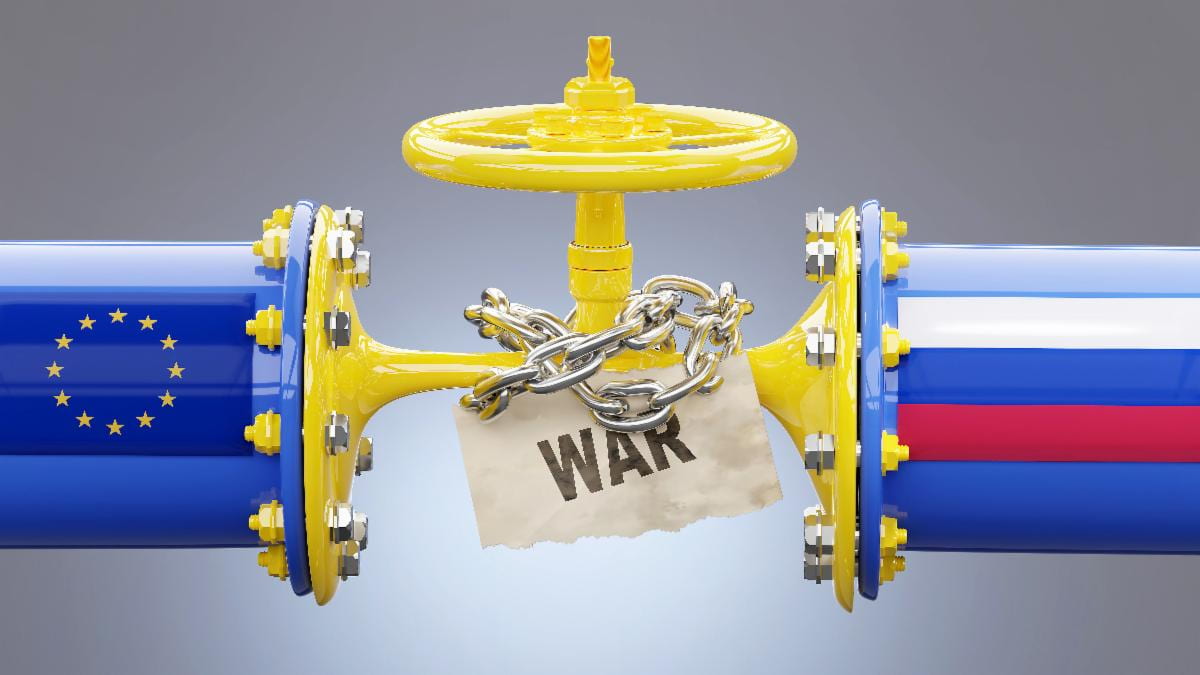Russia’s war on Ukraine has sent countries reliant on Russian oil and gas scrambling to find alternative sources—not least because every euro or dollar that goes to Russia helps fuel its ongoing assault on its neighbor. Accessing alternative energy sources is not an easy or quickly-resolved task. Join us as three experts examine European and transatlantic energy policy responses since Russia launched its February 2022 invasion of Ukraine and assess future policy options for Europe and for transatlantic relations.
Speakers:
Julian Wettengel is a staff Correspondent for Clean Energy Wire in Berlin, writing about climate and energy. He focuses on German efforts to transition to sustainable energy supplies. Mr. Wettengel has served as a parliamentary assistant to the Chairman of the Foreign Affairs Committee in the European Parliament.
Peter S. Rashish is a Senior Fellow and the Director of the Geoeconomics Program at the American Institute for Contemporary German Studies at Johns Hopkins University in Washington, DC. He is an expert on German, European, and transatlantic trade, economic, and energy policies and has published widely in the media on these issues. Mr. Rashish has served as Vice President for Europe and Eurasia at the US Chamber of Commerce and has testified to Congress on the Eurozone and US-European economic relations.
Samantha Gross is Director of the Energy Security and Climate Initiative at the Brookings Institution. Her work is focused on the intersection of energy, environment, and policy, including climate policy and international cooperation, energy geopolitics, and the global transition toward a decarbonized economy. Ms. Gross has served as director of the Office of International Climate and Clean Energy at the US Department of Energy.
Moderator:
Hope M. Harrison is Professor of History and International Affairs and a specialist on Germany and on Russia. For the 2021 German elections, she was the U.S. representative on the DAAD’s election observation delegation. She served as Director of European and Eurasian Affairs at the National Security Council from 2000-2001 and as Director of the Institute for European, Russian, and Eurasian Affairs from 2005-2009.

